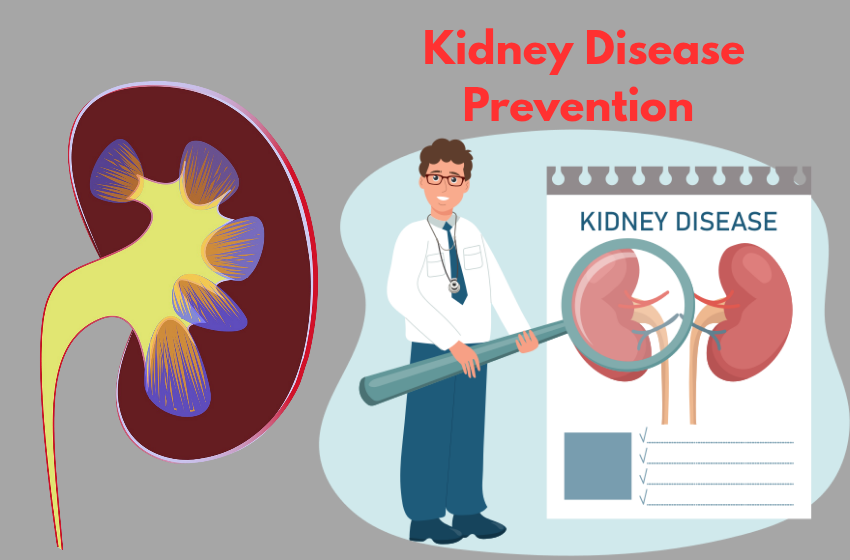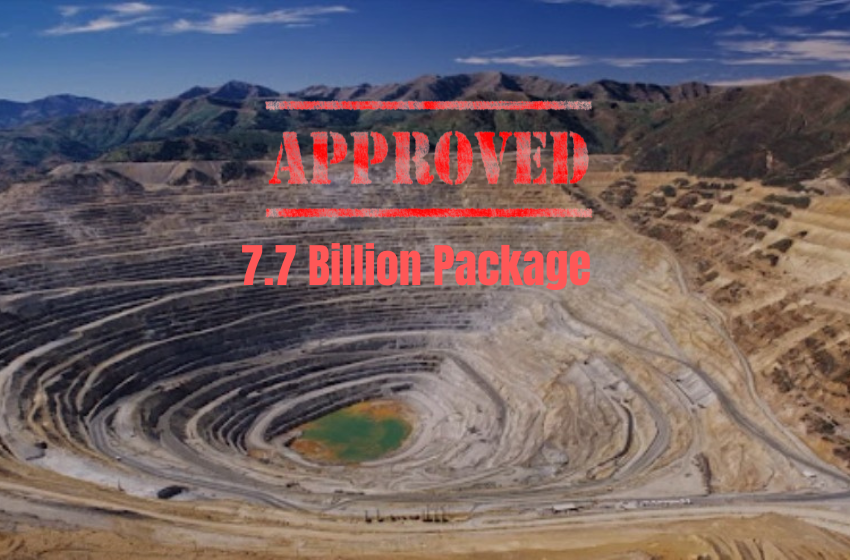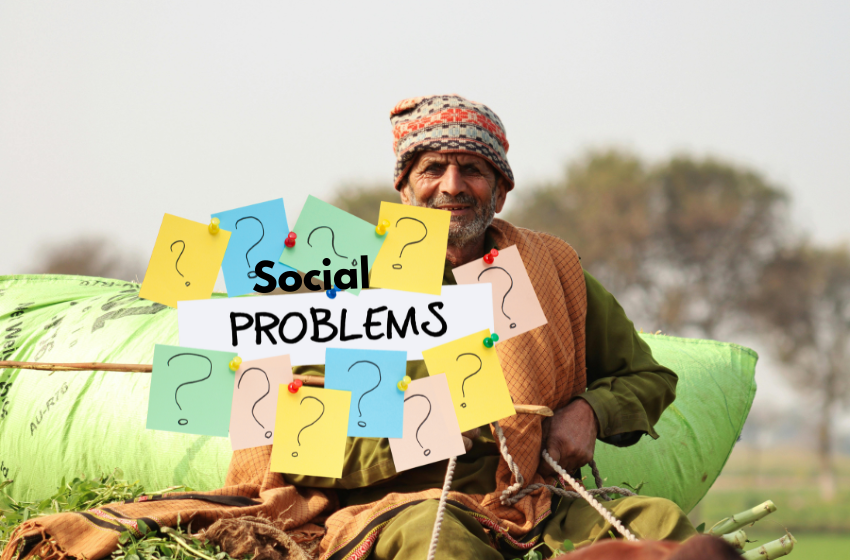
How to Prevent Kidney Disease
Kidney diseases are among the most painful and life-threatening health conditions. Experts believe that making the right food choices plays a vital role in kidney diseases prevention. In recent years, studies have shown that the growing use of ultra-processed foods has become a major risk factor. Learn here how to prevent kidney disease.
Rising Risk from Processed Foods
A few years ago, researchers at the Johns Hopkins Bloomberg School of Public Health in the US warned that eating and drinking ultra-processed foods can significantly increase the risk of chronic kidney disease.
Ultra-processed foods are heavily modified during preparation. They often contain high amounts of salt, sugar, and artificial chemicals, while their fiber and natural nutrients are very low. Because of this imbalance, they can harm overall health and lead to long-term illnesses.
Foods that fall into this category include:
- Bread and bakery products
- Fast foods
- Cakes, candies, and sweets
- Salty snacks and breakfast cereals
- Chicken and fish nuggets
- Instant noodles
- Sugary soft drinks and sodas
These items are cheap and widely available, making them a regular part of daily meals. However, researchers have linked them not only to kidney diseases but also to heart disease, diabetes, and cancer.
What the Research Found?
The study tracked over 14,000 adults who were healthy at the start. For the next 24 years, researchers closely monitored their diet and kidney health. During this period, nearly 5,000 people developed chronic kidney disease.
The results revealed a clear pattern:
- People who ate the most ultra-processed foods had a 24% higher risk of chronic kidney disease.
- Each extra daily serving of such foods raised the risk by another 5%.
- Even a small reduction in consumption lowered the risk by 6%.
Researchers pointed out that sugary drinks and processed meats were the most harmful. They increased kidney disease risks more than other types of ultra-processed foods.
Importance of Kidney Diseases Prevention
The findings prove that kidney diseases prevention is strongly linked to diet. Making healthier food choices can protect kidney function, while poor diets can make the body vulnerable.
Kidneys are vital organs that work like a water filter in the body. They clean the blood, remove toxins, and flush out extra fluid. At the same time, they balance important minerals such as potassium and sodium.
Kidneys also release hormones that control blood pressure and strengthen bones. In short, without healthy kidneys, the body cannot maintain its normal functions.
Global Burden of Kidney Diseases
According to global health estimates, one in every 10 people worldwide suffers from chronic kidney disease. This condition allows waste and fluid to build up inside the body, which causes serious health complications.
Doctors warn that the rising use of fast food and sugary drinks has only made the problem worse. In developing countries, the lack of awareness about kidney diseases prevention adds another challenge.
How to Prevent Kidney Disease and Protect Kidney Health?
Experts recommend taking simple but effective steps for kidney diseases prevention:
- Limit ultra-processed foods such as fast food, instant noodles, and packaged snacks.
- Avoid sugary drinks and sodas, which put extra stress on the kidneys.
- Choose fresh fruits, vegetables, and whole grains, which provide fiber and nutrients.
- Stay hydrated with clean water instead of sweetened beverages.
- Reduce salt intake to help control blood pressure and protect kidney function.
By following these steps, people can reduce their chances of developing kidney problems and improve overall health.
Final Thoughts
The research shows that ultra-processed foods directly increase the risk of kidney disease. At the same time, small dietary changes can lower this risk and support kidney diseases prevention. Since kidneys perform vital functions like blood filtration, fluid balance, and hormone production, protecting them should be a top health priority.
Making smarter food choices today can help ensure healthier kidneys and a longer, better quality of life tomorrow.









